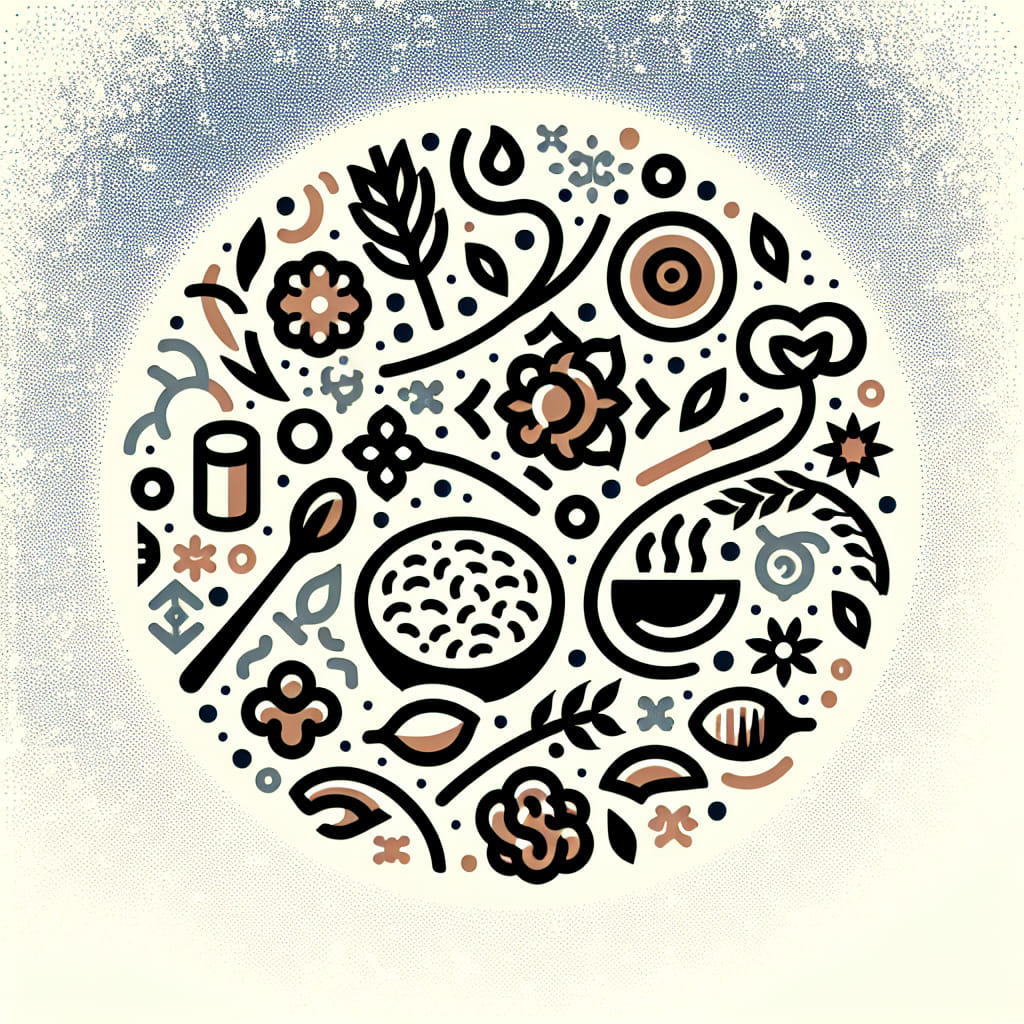· word of the day · 4 min read
Pelmeni: Discover the Cultural Delight in Russian Cuisine
Discover the cultural and culinary significance of Pelmeni, traditional Russian dumplings, and enrich your language learning journey with this delicious word.

Discovering unusual words in any language can be a delightful and enriching experience. It not only broadens your vocabulary but also offers a deeper understanding of the culture and traditions tied to that language. For language learners, this journey can be particularly exciting as it opens up new ways to connect with native speakers and appreciate the nuances that make a language unique. Today, let’s dive into an intriguing Russian word related to cooking and recipes that is bound to pique your curiosity.
The Word: Пельмени (Pelmeni)
Pronunciation: [pʲɪlʲˈmʲenʲɪ]
Meaning: Pelmeni are traditional Russian dumplings filled with minced meat, usually a mixture of pork, beef, and sometimes lamb, wrapped in thin dough. They are a beloved comfort food in Russia and hold a special place in Russian cuisine.
Cultural Significance
Pelmeni are more than just a dish; they are a culinary symbol of Russian hospitality and family traditions. Making pelmeni is often a communal activity, bringing families together to prepare large batches, especially during holidays and celebrations. The process of making pelmeni can be quite labor-intensive, but it is also a time for bonding and sharing stories.
These dumplings are believed to have originated in Siberia, where they were a practical food for hunters and travelers due to their long shelf life when frozen. Over time, pelmeni became popular throughout Russia and are now a staple in Russian households.
How Pelmeni Are Used
Pelmeni can be served in various ways, making them a versatile dish. Here are some common ways to enjoy pelmeni:
- Boiled and Served with Butter and Sour Cream: This is the most traditional way to enjoy pelmeni. After boiling, they are topped with a generous dollop of butter and a spoonful of sour cream.
- Fried: Some people prefer to fry their pelmeni after boiling them, giving the dumplings a crispy exterior while keeping the inside juicy and flavorful.
- In Broth: Pelmeni can also be served in a light broth, turning them into a hearty soup.
Idiomatic Expressions and Sayings
While there aren’t many idiomatic expressions directly related to pelmeni, their cultural significance has led to some interesting sayings and references in Russian literature and folklore. For example, a popular saying is:
“С пельменями и чай вкуснее.”
(“S pelmenyami i chai vkusnee.“)
Translation: “With pelmeni, even tea tastes better.”
This saying emphasizes the comfort and satisfaction that pelmeni bring, suggesting that they can make any meal more enjoyable.
Pelmeni in Literature and Folklore
Pelmeni have made their way into Russian literature and folklore, often symbolizing warmth, home, and family. In some stories, the act of making pelmeni is depicted as a cherished family tradition, passed down through generations. These stories highlight the importance of food in Russian culture and how it connects people to their heritage.
One famous example is the novel “Oblomov” by Ivan Goncharov, where the protagonist, Ilya Ilyich Oblomov, is depicted enjoying pelmeni, reflecting his love for simple, hearty meals that remind him of home.
Why Learning Words Like Пельмени Matters
Learning words like “пельмени” goes beyond expanding your vocabulary. It offers a window into the culture, traditions, and values of the people who speak the language. By understanding the significance of pelmeni in Russian culture, you gain a deeper appreciation for the role of food in bringing people together and preserving traditions.
Moreover, knowing such words allows you to engage in more meaningful conversations with native speakers. Imagine the delight on someone’s face when you not only know what pelmeni are but also understand their cultural importance and can discuss different ways to prepare them.
Conclusion
Exploring unique words in a language can be a rewarding experience, adding depth to your language learning journey. The word “пельмени” is a perfect example of how a single term can encapsulate so much about a culture, from culinary traditions to family values. So, the next time you come across a new word, take a moment to delve into its background and significance. You’ll find that language learning becomes even more fascinating and enriching.
Ready to dive deeper into Russian? Download Glosa here and continue your journey of discovery!
Happy learning!




